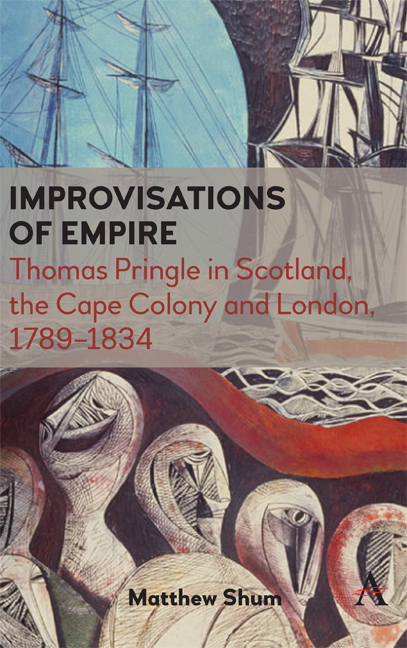Summary
In an 1814 “postscript” to Waverley, Walter Scott described contemporary Scotland as the product of a rapid, forced march to modernity. “There is no European nation,” he wrote, “which, within the course of half a century, or in little more, has undergone so complete a change as this kingdom of Scotland.” He makes it clear that such change entailed the “destruction” and “eradication” of an entire class of people:
The effects of the insurrection of 1745— the destruction of the patriarchal power of the highlands chiefs— the abolition of the heritable power jurisdictions of the lowland nobility and barons— the total eradication of the Jacobite party, which, averse to intermingle with the English, or adopt their customs, long continued to pride themselves upon maintaining the ancient Scottish traditions and manners— commenced this innovation. The gradual influx of wealth, and extension of commerce, have since united to render the present people of Scotland a class of beings as different from their grandfathers as the existing English are from those of Queen Elizabeth's time […]. [T] he change, though steadily and rapidly progressive, has, nevertheless, been gradual; and like those who drift down the stream of a deep and smooth river, we are not aware of the progress we have made, until we fix our eye on the now distant point from which we have been drifted.— Such of the present generation who can recollect the last twenty or twenty-five years of the eighteenth century, will be fully sensible of the truth of this statement; especially if their acquaintance and connections lay among those, who, in my younger time, were facetiously called “folks of the old leaven,” who still cherished a lingering, though hopeless, attachment to the House of Stuart. This race has now almost entirely vanished from the land, and with it, doubtless, much absurd political prejudice— but also many living examples of singular and disinterested attachment to the principles of loyalty which they received from their fathers, and of old Scottish faith, hospitality, worth, and honour. (1985, 492)
There is a tension here between historical change as a “gradual” evolutionary “drift” down the unperturbed surfaces of a “deep and smooth river,” while at the same time asserting the “steadily and rapidly progressive” nature of these changes.
- Type
- Chapter
- Information
- Improvisations of EmpireThomas Pringle in Scotland, the Cape Colony and London, 1789–1834, pp. 9 - 38Publisher: Anthem PressPrint publication year: 2020



